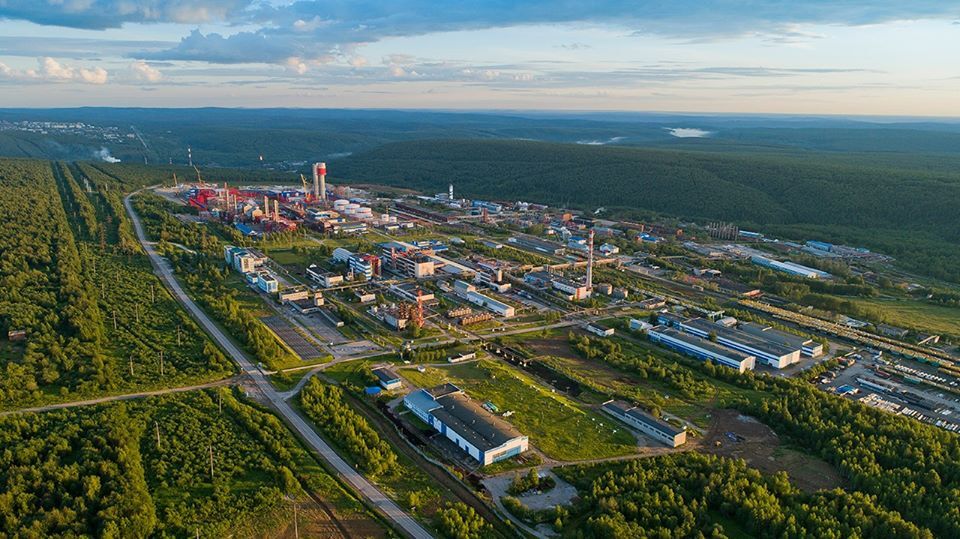The New Generation Tank Cars Will Deliver the Methanol to Consumers

Railway holding United Wagon Company and chemical company Metafrax signed an agreement for the new generation tank cars wagons delivery for the methanol transportation.
Research and Production Corporation “United Wagon Company” (RPC UWC) and the biggest Russian manufacturer and exporter of methanol Metafrax signed an agreement for the transfer of 105 tank cars of increased loading capacity. It is the first agreement concluded by RPC UWC for the delivery of a batch of tank cars manufactured by TikhvinChemMash (it is part of RPC UWC), which launch is scheduled until the end of 2015.
The agreement provides for the transfer of tank cars for the transportation of methanol and its derivatives. The rolling stock has been developed in a close cooperation with the Metafrax company, which defined requirements to features of railcars and to their construction design at the stage of railcars’ design. Putting into operation of the new fleet will be implemented on a phased basis during the year of 2016.
New generation tank cars manufactured by TikhvinChemMash have improved commercial and operational features in comparison with market analogues. The application of bogies with an axle load 25 tf made it possible to increase the loading capacity (67 tons for clearance “1-Т” and 71.5 tons for “Tpr”) and to increase the volume of the boiler (88 m3 for “1-Т” and 94 m3 for “Tpr”). The enclosure of fittings provides for the convenient operation and integrity of freight during transportation. The construction design of the boiler with a “broken” axis allows achieving maximum draining of the tank car. The service life of tank cars is 32 years.
Market experts predict that by 2020 a specified service life will have expired as far as about 40% of tank-cars (about 15, 000 items) for the transportation of chemical freight are concerned, of which about 2, 000 is a rolling stock for the transportation of methanol.
Vladimir Daut, CEO at Metafrax, commented on signing of the agreement: “Today an active preparation for the implementation of huge investment projects is taking place at Metafrax. We intend to significantly increase the production and sales volumes as part of a strategy of the group of companies’ business development until 2030. A separate line of the investment budget – it is the improvement of the infrastructure, the upgrade of railway-fleet on a phased basis. Of course, we are interested in the new generation rolling stock, possessing high degree of reliability. Joint development of a batch of tank cars should become the start of our cooperation with UWC.”
For the time being, the fleet of Metafrax consists of about 900 tank cars for the transportation of methanol. The delivery of a new batch will be the fifth part of the fleet, required to be upgraded. According to Mr. Daut, a possibility of purchase of tank cars of the model 15-6900-01 with the boiler made of stainless steel intended for the transportation of technical formalin is also being considered in the company.
“In association with UWC we have been carrying out the work on the inclusion of technical formalin in the range of chemical products, possible to be transported in this model,” – added CEO at Metafrax.
Alexander Lukyanenko, Deputy CEO for Sales and Development at RPC “United Wagon Company”, noted: “We have just started developing the direction of tank cars. However, even at present we see that that interest, which many companies show towards innovative tank cars, demonstrates the necessity of changes in the tank cars’ segment and the timeliness of our entry into the market. In the coming years a significant part of chemical tank cars’ fleet will be written-off due to the expiration of the service life. We are ready to compensate for such write off of the fleet; for that compensation there will be scheduled and implemented the production of more than 15 models of tank cars and their modifications, possessing improved technical and economic features in terms of loading capacity and the boiler’s volume as well as the suitability for the infrastructure.”